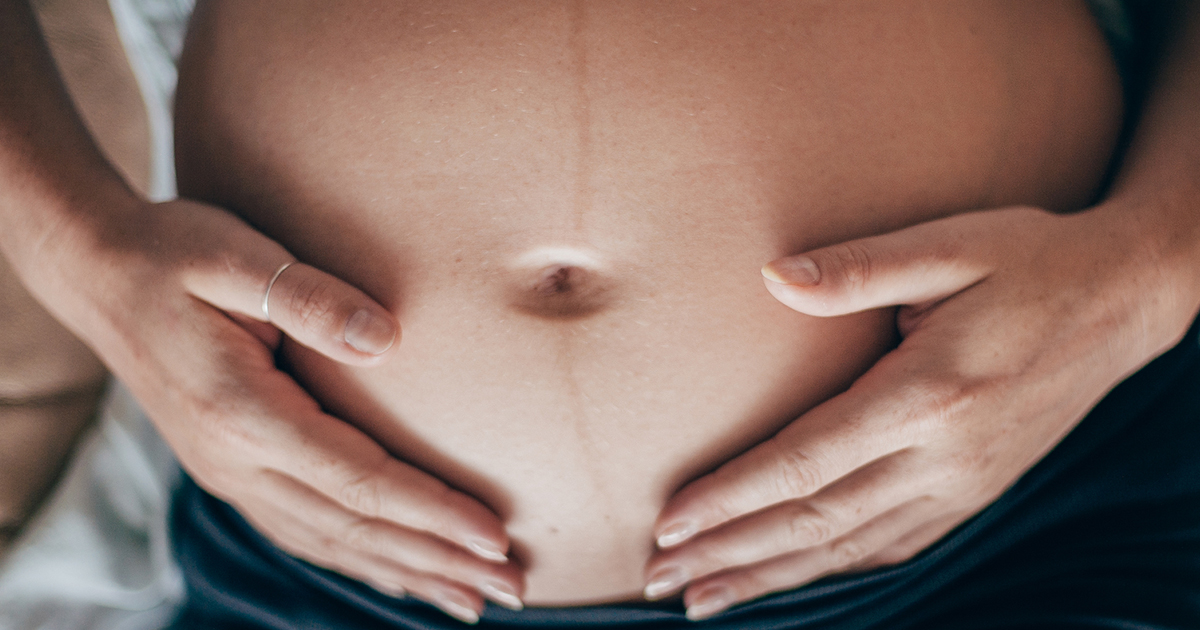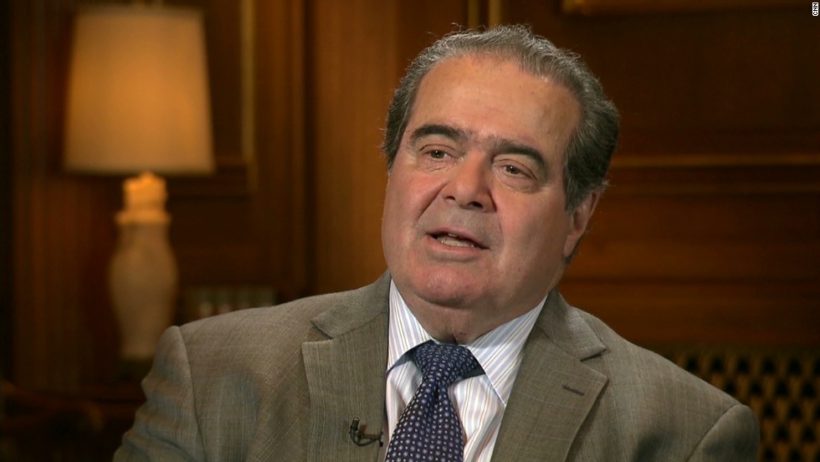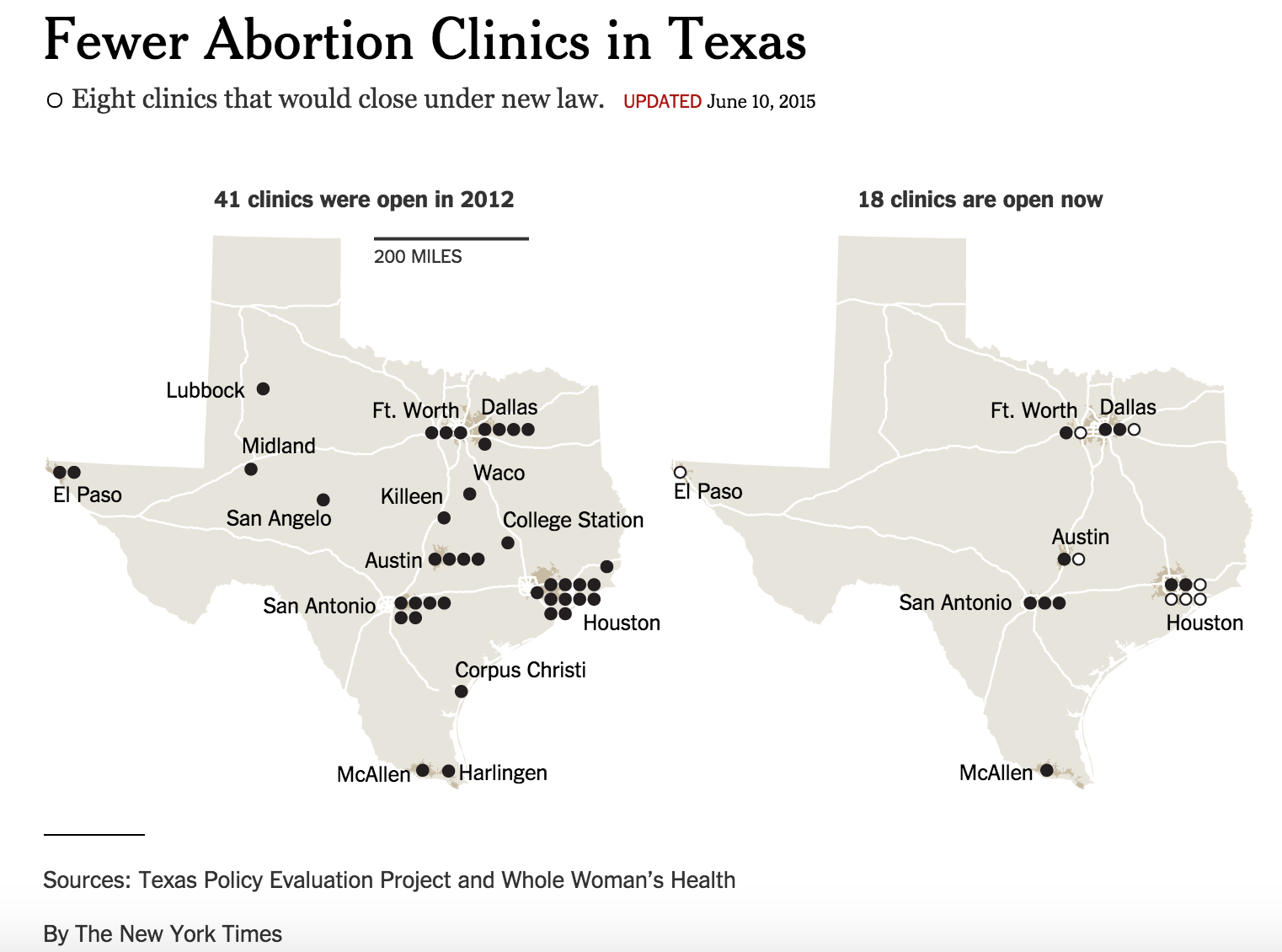What Would Happen If Donald Trump Tried to Overturn Roe v. Wade?

By:
President-elect Donald Trump’s pledge to appoint a Supreme Court justice who would help overturn Roe v. wade incited a wave of anxiety among women and pro-choice advocates after the election.
These concerns resurfaced after Trump seemed to suggest that abortion rights should be left to the states during a recent "60 Minutes" interview, as president-elect. Trump said, "[H]aving to do with abortion if [Roe v. Wade] ever were overturned, it would go back to the states." When asked if some women would not be able to get abortions, he remarked, "perhaps have to go, they’ll have to go to another state."
The landmark 1973 Supreme Court decision Roe v. Wade held up a woman's right to choose.
"Roe v. Wade recognized that there is a constitutional right to make a decision about whether to continue or terminate a pregnancy," National Women's Law Center Counsel Rachel Easter told ATTN:.
 Stocksy/Vera Lair - stocksy.com
Stocksy/Vera Lair - stocksy.com
"Since that decision, we have seen attacks over the last four plus decades, to try to dismantle Roe or try and weaken Roe," Easter said. "But what we can say is that time and time again these attacks have failed, and the Supreme Court has reaffirmed that women have the constitutional right to make that decision for themselves."
Could Trump get Roe. v Wade overturned?
"The president doesn't get to just say 'now you're going to decide this case, you're going to address this issue,'" Easter said. "You'd have to see the issue come up before the court."
As ATTN:'s Mike Rothschild recently reported, a U.S President cannot simply overturn a SCOTUS ruling because it does not suit his fancy (nor can the U.S. Congress). Roe could only be overturned by a different SCOTUS decision.
 blogspot/gavs-maria - flickr.com
blogspot/gavs-maria - flickr.com
"Cases often take many years to work up to the Supreme Court," Easter added.
Trump's comments galvanized advocates for women's reproductive rights, but Easter remains skeptical that he could actually fulfill his promise to have Roe v. Wade overturned.
"We at the National Women's Law Center are taking the president-elect at his word. And he has said that he plans to nominate Supreme Court Justices that are anti-choice and would overturn Roe V. Wade," she explained. "That being said, that would be go against public opinion. Six in ten Americans oppose government restrictions on safe, legal abortion."
"So attempts to nominate a justice committed to overturning Roe would cause a huge public backlash," she continued. "Furthermore, we know we'll have advocacy groups across the country working to ensure that strong anti-choice justices are not placed on the court."
According to 2016 Pew data, 56 percent of Americans believe abortion should be legal in all or most cases.
"I would hesitate to say that he is going to be successful," Easter asserted.
Due to the death of Justice Antonin Scalia, Trump is in an unusual position coming into office.
Senate Republicans have refused to have hearings for President Obama's Supreme Court pick, therefore Trump will be able to appoint a Justice to the bench. But that doesn't give him a blank check to control of the court.
As Center for Reproductive Rights litigation director Julie Rikelman told Vox, Roe v. Wade has survived plenty of anti-choice administrations, so there is a strong precedent behind upholding the ruling.

"We know he's going into his presidency with a Supreme Court vacancy right off the bat, which is something that we don't typically see," Easter said. "However, a new Supreme Court justice would be replacing Justice Scalia, who himself was anti-choice and had said that he would overturn Roe v. Wade. And while every new Justice changes the dynamic of the court, nominating a single Supreme Court justice is not necessarily going to change the balance of votes in favor of overturning Roe v. Wade."
"We've seen anti-choice presidents before," she remarked. "We've seen majorities in congress that are anti-choice and Roe v. Wade is still the law of the land. "
Roe wasn't the court's last word on the issue.
A subsequent SCOTUS ruling in 1992 substantially shaped how abortion is legislated. The decision (PDF) in Casey v. Planned Parenthood upheld the prohibition of abortion bans but ruled that states could legally regulate abortions as long as laws do not "unduly burden" a woman's right to choose.
.jpg?auto=format&crop=faces&fit=crop&q=60&w=736&ixlib=js-1.1.0) Pink out for Planned Parenthood/Wikimedia - wikimedia.org
Pink out for Planned Parenthood/Wikimedia - wikimedia.org
"In Planned Parenthood vs. Casey the court reaffirmed that women have the right to decide whether to have an abortion," Easter explained.
She continued, "it established the undue burden test for determining when a law that regulates abortion is unconstitutional. So when a law imposes an undue burden on an individual's right to decide whether to have an abortion, that law is unconstitutional."
The Casey decision prompted attempts to attempt to severely restrict abortion at the state level and created a way for the court to strike these restrictions down.
"What we saw following Planned Parenthood vs. Casey is states trying to take advantage of this test and figure out ways to work around the constitution by trying to push limits of what constitutes an undue burden," Easter said.
The ruling has been charactered as a dismantling of Roe by various pro-choice advocates and groups..
However, the undue burden test was also cited in the Whole Woman’s Health v. Hellerstedt SCOTUS ruling in June, which struck down a Texas law that resulted in the shuttering of about half of the state's abortion providers, the New Yorker reported.
 The New York Times - nytimes.com
The New York Times - nytimes.com
"I would push back on the idea that we have seen a weakening in state level enforcement of Roe, particularly because of the decision in Whole Woman's Health v. Hellerstedt this past June, making clear that restrictions like TRAP laws do impose an unconstitutional undue burden," Easter said. "The Court made clear that a state cannot simply claim a law regulating abortion has a benefit, it must actually serve that purpose. That means no more sham laws claiming to promote women’s health while actually doing the opposite."
